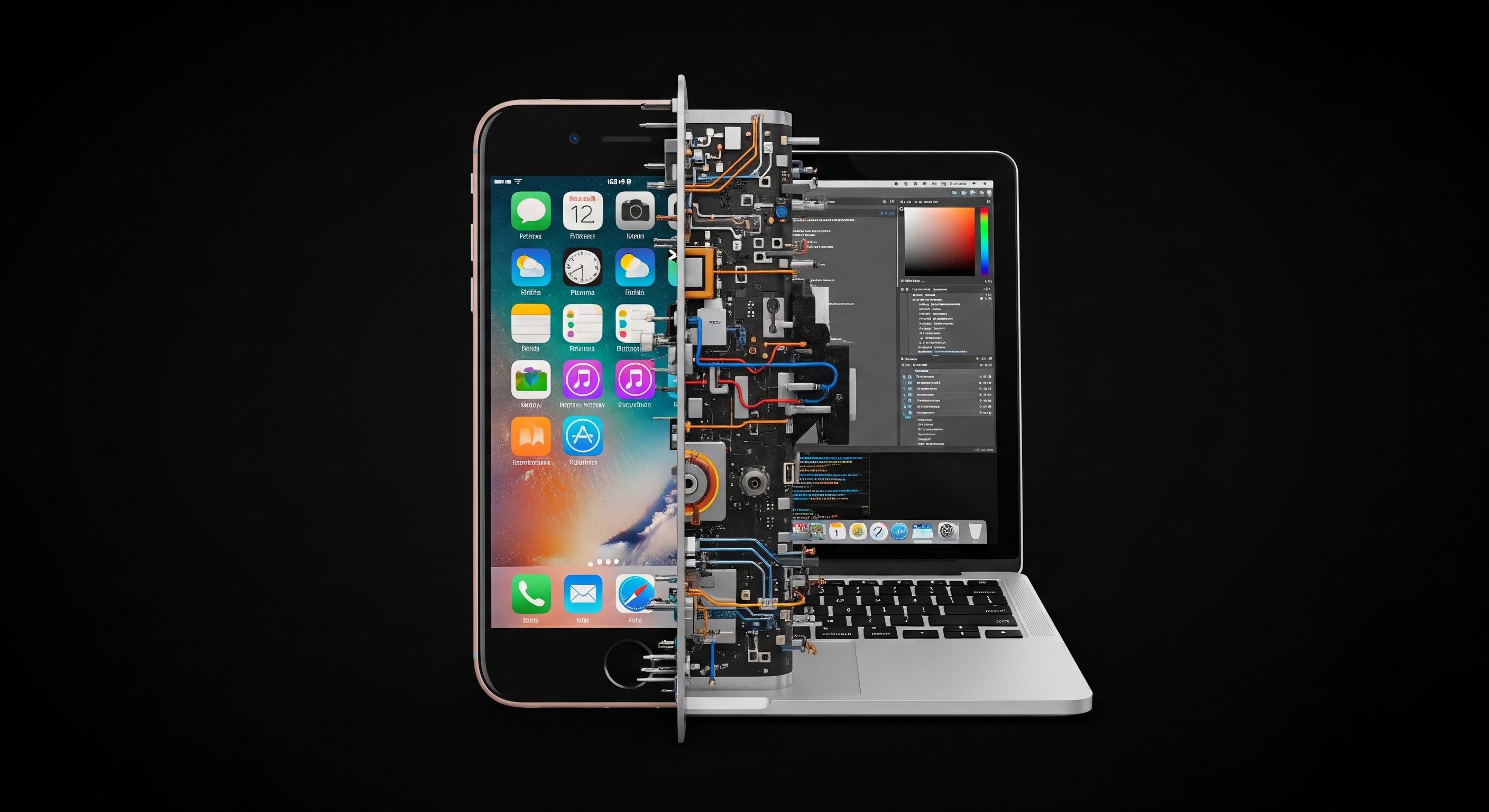The pricing of mobile data in Zimbabwe has been a contentious issue for a long time now. Even before the recent increase in mobile data, locals were already agitated at the pricing of mobile data which, though it was reasonably priced (if you ask me) was outside the reach of many.
The recent shift in pricing has intensified the debate on data cost and consumers are pretty disenchanted that a service they felt was already expensive has only become more expensive.
There has been so much uproar regarding the change the Director General of POTRAZ -Dr Gift Machengete- had to go before a Parliament Committee yesterday to explain why the data has become so much more expensive.
Our Salaries are not the same as salaries in South Africa and Botswana, right? So we should be looking at the other variable, not just looking at one variable [cost of data], because what we are doing here is, we are looking at one variable and saying “It is expensive because it’s 2c[per MB]. We are saying it’s expensive because we (citizens) do not have enough for other expenses. Our salaries are around $425 if you’re a teacher and from there, when you have to buy a bundle for 2c/MB it actually becomes more expensive.
As a country, we should actually be looking at a more holistic picture. When these tariffs are going up maybe salaries should also be going up, so that we don’t have this disparity.
Right now we have a disparity because these tariffs have got to go up. There’s no way they can remain as low as we would want them and the ones which were so low for a long time – it was because operators were discounting and some were promotions, which they have removed.
POTRAZ Director General
It’s a pretty lengthy quote but above all it serves to say one thing: POTRAZ will not force the hand of mobile operators and make them charge any lower than they are already.
This view point makes sense from the aspect that the biggest expenses for mobile network operators [bandwitdh & infrastructure] are forex-based expenses and for a service like Econet to keep offering a GB of data for RTGS$2 (around US$0.41) simply doesn’t make business sense.
The DG also noted that unfortunately, salaries are not rising so data which was already out of the reach of many has gotten much harder to buy. One risk that many consumers don’t want to acknowledge is the fact that if the tariffs had not been adjusted the same the service was undoubtedly going to deteriorate. Consumers are in the midst of a rock and a hard place as both options they had are not enviable a) Prices stay the same and service is unbearable or b) price changes and service is out of the reach of many.
Both are bitter pills to swallow but unfortunately that is the reality with most things in our country right now…













Comments
5 responses
On top of the forex based expenses, there are fuel issues(diesel), which contributes to about 65% of Operators’ OPEX. Diesel went up 3 fold. Servicing of generators, vehicles which is now being charged in forex as well as the parts are all imported.
Bread went up 3 fold, Beers the same, transportation the same……why not data?
Yeah it’s hard for consumers to see these factors…
Which means the bond note/RTGS$ is the elephant in the room, critical to stabilise the economy… Why not use the Euro or Yuan as an interim currency???
or the rand, its very simple. zanu do not want to use another currency because they cannot print it/manipulate it and create fake “electronic” balances out of thin air !!
what percentage of the costs are made up from potraz annual license fees ?